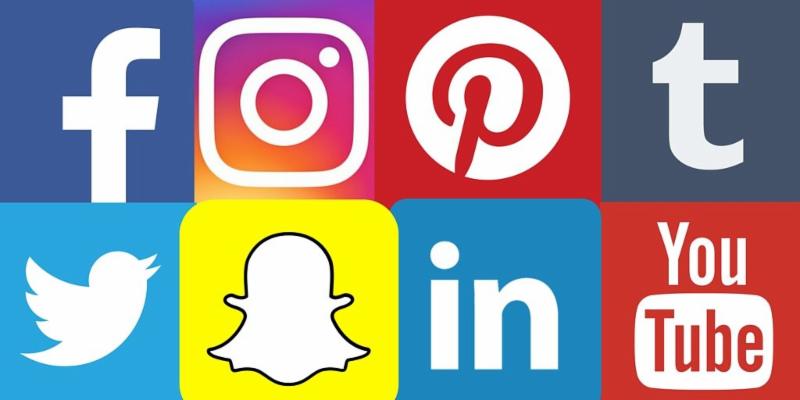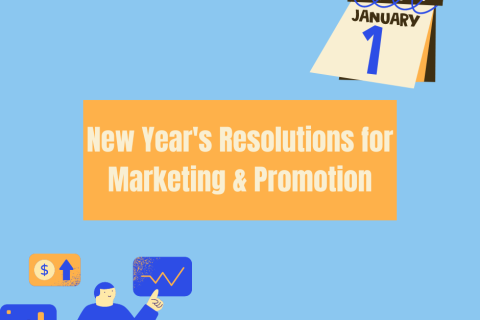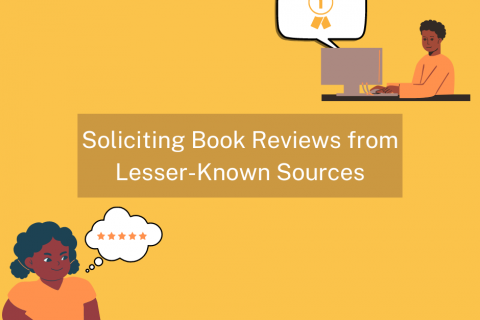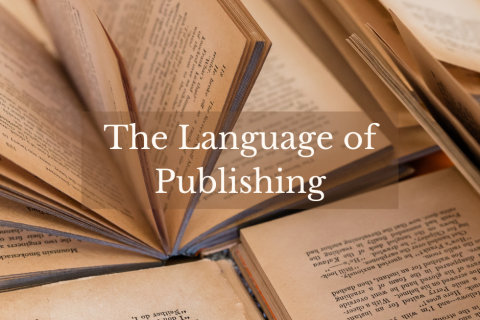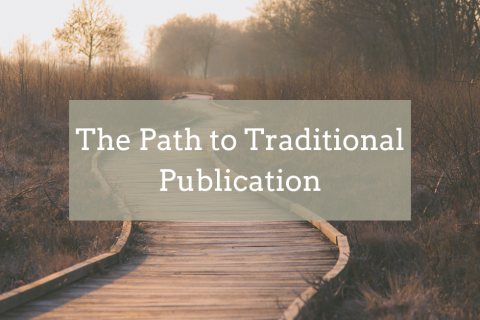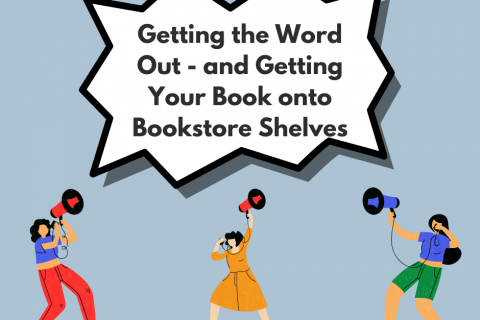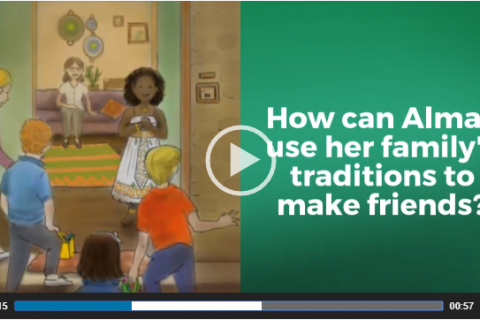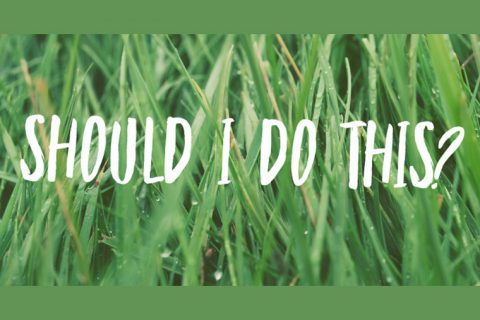Social media is a big part of contemporary marketing. Many of you already have a strong presence on one or more of the “big three” platforms—Facebook, Twitter, and Instagram—but, for this month’s marketing tips, we’d like to encourage you to branch out and diversify your presence on the internet. Below you’ll find a run-down of some alternative social media sites. Have fun exploring!
YouTube
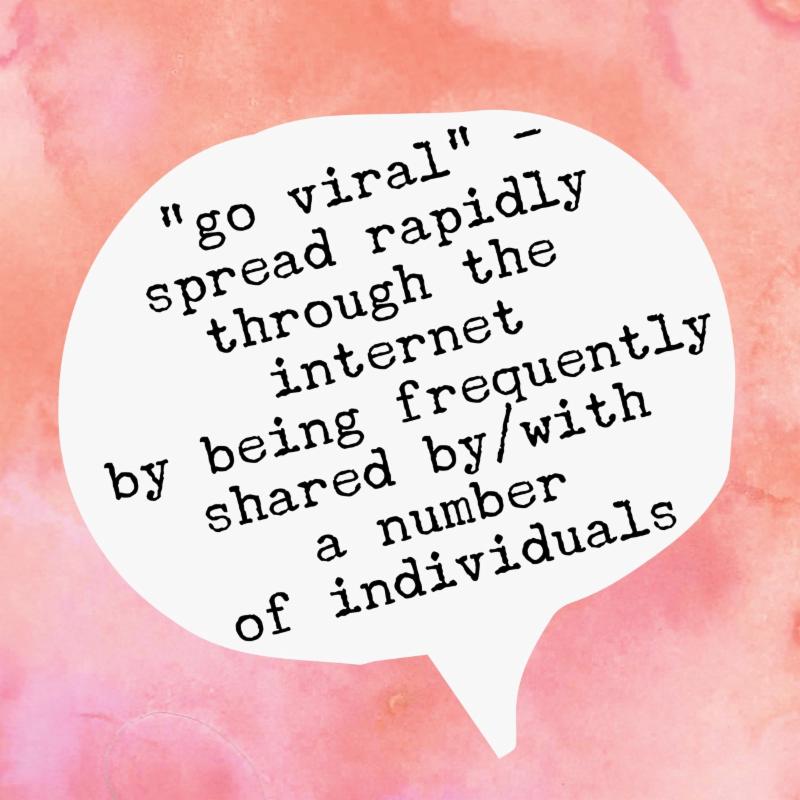 You’ve probably seen a number of YouTube videos, but you may not be familiar with the work that goes on behind them. It takes a lot of time and commitment to “go viral” like some of the videos you may have seen; however, maintaining a fruitful channel may be easier than you think.
You’ve probably seen a number of YouTube videos, but you may not be familiar with the work that goes on behind them. It takes a lot of time and commitment to “go viral” like some of the videos you may have seen; however, maintaining a fruitful channel may be easier than you think.
YouTube provides a great opportunity for everyday people to experiment with broadcast media. As an author, you will already have some experience necessary for creating a polished, engaging channel. Your background in writing will give you a leg-up when planning videos, and your talents in storytelling will enrich more spontaneous videos like vlogs and Q&As.
 Famous YA author John Green doesn’t exclusively make videos about books; he has several videos in which he further explains themes or passages from his books, announces and promotes his books, and recommends other books. All of this generates excitement around his books and allows him to connect with his audience.
Famous YA author John Green doesn’t exclusively make videos about books; he has several videos in which he further explains themes or passages from his books, announces and promotes his books, and recommends other books. All of this generates excitement around his books and allows him to connect with his audience.
Here are some general tips for getting started on YouTube:
- You don’t need fancy equipment to film and edit a video. Most smartphones have high-quality cameras and come with free editing programs.
- If you are filming outdoors or recording a live event, be sure to check the sound quality of your recording device (the microphone built into your smartphone) in this environment before you begin. People aren’t going to stick around to finish your videos if they can’t understand what’s being said.
- Editing can really help to develop raw footage into a crisp, clean video! Play around with different angles, sound clips, and transitions. There are many good editing programs out there for your phone and computer. Finding the right one and figuring out how to use it will take a bit of research, but the effort you put in will definitely be worth it. In the meantime, check out this video to learn some general editing tips.
- If you plan on being in front of the camera, expect to initially be a little camera-shy. It takes time to get comfortable with recording yourself on video. Any nervousness you experience is normal and should not deter you from pursuing video work.
Here are different types of videos that are popular on “BookTube,” but feel free to be creative and make something new!
- Book Review
- Book “Haul”
- Book “Tag”: themed questions about books you like or don’t like; there’s a tag for just about anything! (ex: fall book tag, Disney book tag, Halloween book tag, etc.)
- Writing Vlogs
Tumblr
 Tumblr is a great way to connect with other writers, artists, and fans through shared interests. However, the site can be a little daunting to newcomers. Although this platform is technically a blogging site, you won’t find many Tumblr accounts dedicated to the sort of “day in the life” posts typical of traditional blogs. Tumblr is a digital scrapbook and vision board where you can share pictures, quotes, videos, art, and anything else that reflects your interests.
Tumblr is a great way to connect with other writers, artists, and fans through shared interests. However, the site can be a little daunting to newcomers. Although this platform is technically a blogging site, you won’t find many Tumblr accounts dedicated to the sort of “day in the life” posts typical of traditional blogs. Tumblr is a digital scrapbook and vision board where you can share pictures, quotes, videos, art, and anything else that reflects your interests.
 On Tumblr, you follow other users who post things that are relevant to your interests or your book, and you can repost your favorites onto your own Tumblr account. In turn, your followers will be able to repost these from you. For example, if you have written a fantasy novel, you may want to follow others who frequently post about world-building ideas, obscure myths, popular fantasy lore, cool paintings of dragons, and other applicable content. There are also several Tumblr blogs just dedicated to writing that include writing techniques, advice for other authors, writing prompts, and other things that might pique your interest as an author.
On Tumblr, you follow other users who post things that are relevant to your interests or your book, and you can repost your favorites onto your own Tumblr account. In turn, your followers will be able to repost these from you. For example, if you have written a fantasy novel, you may want to follow others who frequently post about world-building ideas, obscure myths, popular fantasy lore, cool paintings of dragons, and other applicable content. There are also several Tumblr blogs just dedicated to writing that include writing techniques, advice for other authors, writing prompts, and other things that might pique your interest as an author.
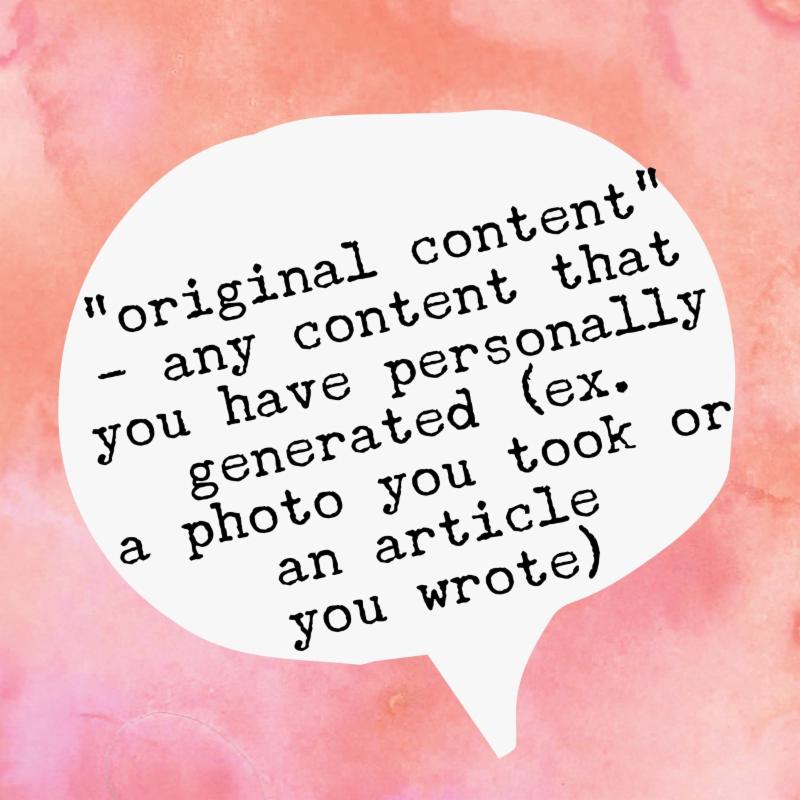 You can also create content yourself. Before you go crazy with this, though, you may want to spend a bit of time on the site to see what sorts of posts are interesting to your potential readership. Then you can post sketches of your characters, excerpts from your upcoming novel, updates about a project you’re working on, or whatever else you think your audience might enjoy! Be sure to tag your original posts with relevant keywords so new followers can find you easily. You can also field questions from followers by turning the question asking feature on and off as you please.
You can also create content yourself. Before you go crazy with this, though, you may want to spend a bit of time on the site to see what sorts of posts are interesting to your potential readership. Then you can post sketches of your characters, excerpts from your upcoming novel, updates about a project you’re working on, or whatever else you think your audience might enjoy! Be sure to tag your original posts with relevant keywords so new followers can find you easily. You can also field questions from followers by turning the question asking feature on and off as you please.
Overall, your Tumblr should be a mix of original and reposted content that keeps your followers engaged and eager to check out your upcoming title.
Still confused? Watch a tutorial of how to use this platform in this video.
 Like Facebook, LinkedIn endeavors to build your online social network. Instead of connecting you with friends and family, though, LinkedIn allows you to find work associates and make connections within your professional sphere.
Like Facebook, LinkedIn endeavors to build your online social network. Instead of connecting you with friends and family, though, LinkedIn allows you to find work associates and make connections within your professional sphere.
Having a LinkedIn typically lends a professional air to your social media presence. It is also a great way to stay in touch with people you meet in a professional capacity. Have you done a signing at a local bookstore? Connect with the owner on LinkedIn. Know a venue that’s always happy to host read-alouds and Q&As? See if they have an account on this site.
LinkedIn has a built-in tutorial that will guide you through the process of setting up your account.
 You’ve probably seen Pinterest used for craft ideas and baking recipes, but did you know that it can be a handy tool for authors, too? Pinterest can help you promote and refine your writing. Like Tumblr, this platform allows you to browse other people’s posts through tags. You can, for example, search “fantasy creatures,” “sci-fi fashion,” “victorian slang,” or whatever else might inspire your next writing piece.
You’ve probably seen Pinterest used for craft ideas and baking recipes, but did you know that it can be a handy tool for authors, too? Pinterest can help you promote and refine your writing. Like Tumblr, this platform allows you to browse other people’s posts through tags. You can, for example, search “fantasy creatures,” “sci-fi fashion,” “victorian slang,” or whatever else might inspire your next writing piece.
Once you have found a post you like, you can “pin” it, or save it, to one of your digital “boards.” You can have multiple boards organized by theme. For instance, you may have one board dedicated to writing tips, another committed to marketing advice, and one that helps you curate the aesthetic of your novel. Users who like your boards will follow you to see what you’ll pin next. You can also follow other users who save pins and create boards that you like. When you are ready, you may want to start posting content of your own. Post writing tips using examples from your book, post about the publishing process, or even post some illustrations from your story. Be sure your original content includes eye-catching graphics and links to your book!
For more information on how to get started on Pinterest, check out this article.
We hope you found our introductions to these social media sites helpful. If you do decide to build your presence on these platforms, please let us know! We will be happy to promote your content and help you along the way. And, of course, we are always here to answer questions the best we can.

